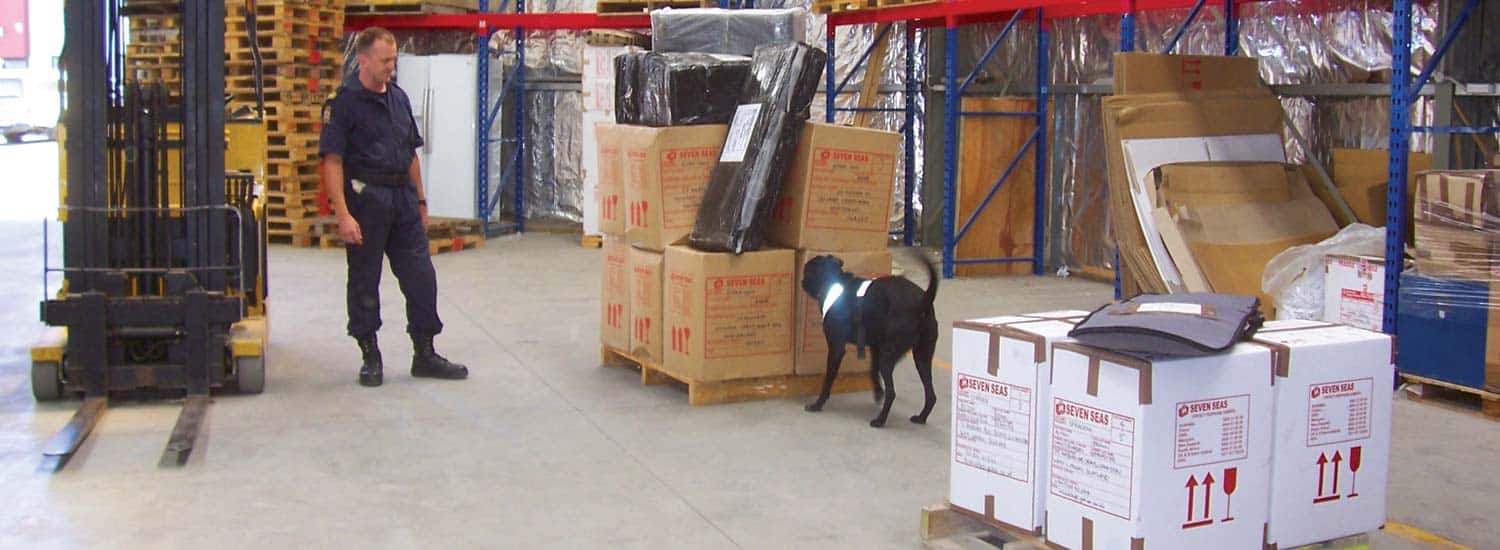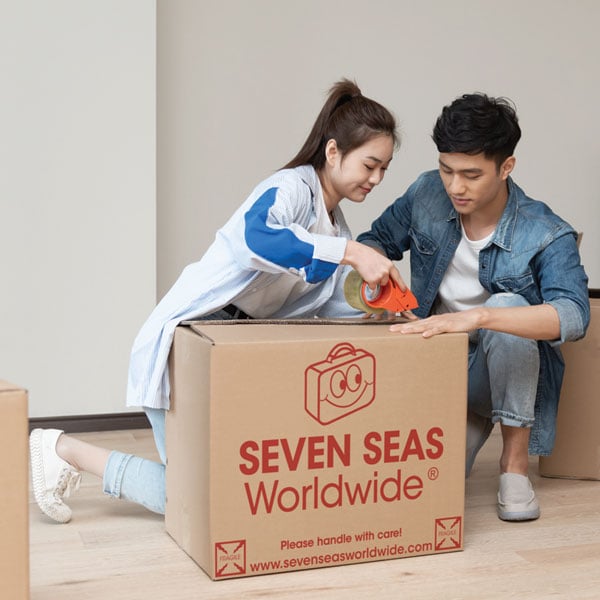Before packing, check this list of items prohibited from entering a particular country or region.
Moving abroad requires a lot of planning so before you begin your journey, take a look at our list of the 10 most important questions that all customers relocating overseas need to ask.
Moving companies for expats should offer the following:
• Multilingual staff with languages as well as English
• Availability 24/7 so you can contact them if you have any questions at any time
• An international network with a consistent service at every stage of your journey not just in China.
It is at the destination that unwanted surprises will emerge, so confirm who will be handling your import.
Almost all local moving companies want you to ship as much as possible so the very first decision you should make is to decide what you are going to send. For example do you need to send the bed with the 5-year old mattress?
And remember any electrical item you send will probably have the wrong plug for the destination. Spend time thinking about what to send: Save the money shipping and buy new at the destination!
If you proceed with an international remover, then you will have to prepay the full amount, often weeks before your removal starts. If you change your mind about what you wish to ship once you have paid, the remover will not refund you if you wish to send less and can surcharge you if you wish to send more.
Personal effect and household item often enjoy a “concessionary entry” where taxes and duties are rarely applied. In these circumstances you will often need to prove:
• you have been living abroad for at least 12 months
• you plan to return for at least 12-months
• you have owned the items you are shipping for a period of at least 6 months
Each country has different rules but his list meets the usual requirements. There are exceptions such as sending a shipment of tobacco or alcohol, or a single type of item such as a few hundred shirts, shorts or jackets and claiming these as your own personal possessions.
This is hard to justify particularly if a physical inspection shows them in their original wrapping.
As mentioned in Point 3 it is important to look for the exclusions in any quote you receive. There may be items that are excluded from the quote that you will inevitably have to pay. For example, shipping to Australia will always include an inspection by the Department of Agriculture and Water Resources which is often excluded.
Please refer to their website to see what should not be sent and what precautions are needed to be taken on a shipment before sending. Taxes and duties arise from the contents of the shipment and depend upon what you pack.
The obvious categories are tobacco and alcohol but new items can also attract taxes and duties as well.
If you need to claim from your employer, the Fapiao is a must. In China Fapiao is very different from a receipt or an invoice. Normally all legally established companies in China can offer Fapiao but be careful because some companies may require an extra charge for issuing a Fapiao.
Some companies only need a passport copy while some may need an original passport. You can further check with their adviser.
It depends on which countries you are going to. For Australia and New Zealand, you need to return within 6 months. For Canada and the US, you need to return before the items do.
Different countries have quite different rules so you need to confirm with the removal company. Failure to do so could result in expensive storage charges being incurred by your shipment before you arrive.
Most reputable removal companies can offer tracking on their shipments. At the very least you should know where your shipment is at all times whether in a depot, in a container or in a vehicle. Some companies can also track their shipment in real-time whilst it is at sea.
Important information includes:
• What you are going to send?
• When do you want to send your shipment?
• Where you want to send your shipment (not just the country but the city - you will need to supply an address which can be changed once you have arrived)
• Whether you need to be in the country when your shipment arrives
• Whether you need storage of your shipment once it arrives at the destination
Other helpful information includes details about your collection address: Is there a working lift or is there a parking area nearby, etc.
- Luggage shipping
- International shipping services
- Moving House & Relocation
- Student moving and shipping
- Storage
-
Help
- PGP Build
- FAQs
- Support videos
- How does International Shipping Work
- Helpful packing guides
- Our Services Explained
- How to declutter your home
- Insurance
- 7 step guide to shipping
- Avoidable charges
- Completing online shipping documentation
- Visa
- Shop Terms and Conditions
- 10 questions about international moving
- Prohibitive goods
- Shipping terms glossary
- Our global shipping statuses
- Last shipping dates for 2023
- Depot safety
- Complete guide to ToR1
- Moving to USA
- Moving to Australia
- Moving to Canada
- Best countries to live and work
- Best healthcare systems in the world
- Finding expat communities
- Countries that pay you to move there
- Blue zone countries
- Safest countries in the world
- What is dual citizenship?
- Moving to Europe from UK after Brexit
- Most expensive cities in the world
- What is an expat?
- Carnet de Passage explained
- Moving to Singapore
- Moving to New Zealand
- US customs declaration: form 3299
- Australia customs declaration: B534 form
- German customs clearance: 0350 form
- New Zealand customs declaration: NZCS 218
- Japan customs declaration: C-53060
- Visa guide
- What is a green card?
- Weird laws around the world
- Cleanest countries in the world
- Best places to retire
- Shipping inheritance items
- What is a phytosanitary certificate?
- Irish customs form 1076
- What is a Bill of Lading?
- FCL and LCL meaning
- Norway customs clearance: RD-0030E
- How to ship internationally
- What is a Certificate of Origin?
- Friendliest countries in the world
- Is Singapore safe?
- Moving to Australia from UK
- T2L document
- Shipping container dimensions
- South Africa customs declaration form DA304
- Cost of living in Singapore
- What is cargo?
- Busiest port in the world
- Sunniest city in the world
- What is culture shock?
- Busiest shipping lanes in the world
- Do shipping containers float?
- Best islands to live on
- What is a CONEX box?
- When is the best time to move?
- Customs declaration form Switzerland
- Moving day checklist
- Tax free countries
- Where to live in Singapore
- US states with lowest property tax
- US states with lowest income
- Countries with highest taxes
- Customs clearance Sweden
- Canada customs declaration: BSF186 form
- Customs advice
- Contact Us
- About Us
- Shipping From Europe
- Global Movement Report 2021
- Cookies
- Terms and conditions
- Legal
- Email support videos
- Complete guide for international students
- Returning home from abroad mental health guide
- International Student Shipping and Storage
- International Student Shipping and Storage
- MemberLogin
- GetQuote







